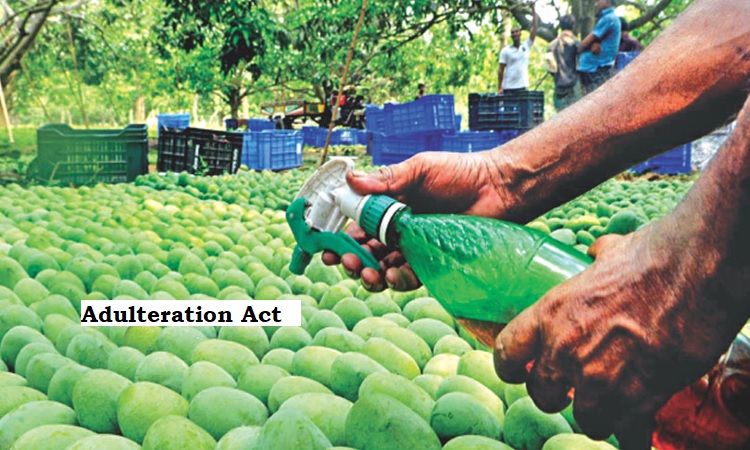


On December 14, the Supreme Court made a noteworthy observation regarding cases involving offenses under both the Prevention of Food Adulteration Act, 1954 (PFA) and the Food Safety and Standards Act, 2006 (FSSA). In such instances, the Court stated that the provisions of the FSSA would prevail over the PFA to the extent of any inconsistencies. The case, heard by a Division Bench comprising Justices Abhay S. Oka and Sanjay Karol, involved an appellant who, at the relevant time, was a Director of M/s. Bharti Retail Limited, a company operating retail stores under the name 'Easy Day' nationwide.
The matter originated when a Food Inspector appointed under the PFA visited a Bharti-owned shop in Indore on November 29, 2010, and purchased biscuit packets. Subsequently, samples were sent to the State Food Laboratory, and the report was received on January 4, 2011. The PFA was repealed on August 5, 2011, under the notification of the FSSA. Notably, Section 97(4) of the FSSA allowed the continuation of proceedings for offenses committed under the PFA within three years of the FSSA's commencement.
In this context, the Food Inspector filed a charge sheet on August 12, 2011, and cognizance of the offense under the PFA was taken against the appellant. Seeking relief, the appellant approached the High Court to quash the proceedings, but the plea was dismissed. The High Court, considering Section 97(4) of the FSSA, held that cognizance could be taken for a PFA offense. Dissatisfied, the matter reached the Supreme Court.
The Court first acknowledged that the alleged offense fell under Section 16(1)(a) of the PFA, carrying a minimum imprisonment term of six months. In contrast, the corresponding provision (Section 52) under the FSSA prescribed a penalty rather than imprisonment. The crucial question was which statute would prevail when both statutes provided for penal action.
The Court delved into Section 89 of the FSSA, which stipulates that in case of inconsistency between the PFA and the FSSA, the latter's provisions would override. Examining the penal consequences of misbranding under both laws, the Court identified inconsistencies. It concluded that if an act of misbranding occurred after the FSSA's Section 52 came into force, attracting punishment under both the PFA and penalty under the FSSA, the latter's Section 52 would take precedence.
Considering these findings, the Supreme Court quashed the pending criminal proceedings against the appellants. Importantly, the Court clarified that its judgment wouldn't hinder authorities under the FSSA from invoking Section 52 in accordance with the law.
In essence, the Court's ruling emphasized the supremacy of the FSSA over the PFA in cases of inconsistency, offering clarity on the applicable penal provisions for offenses committed during the transition between the two legislations. The decision provided legal resolution for the appellant while upholding the authorities' right to enforce penalties under the prevailing food safety standards.
TAGS: Supreme Court Food Safety and Standards Act (FSSA) Prevention of Food Adulteration Act (PFA) Division Bench